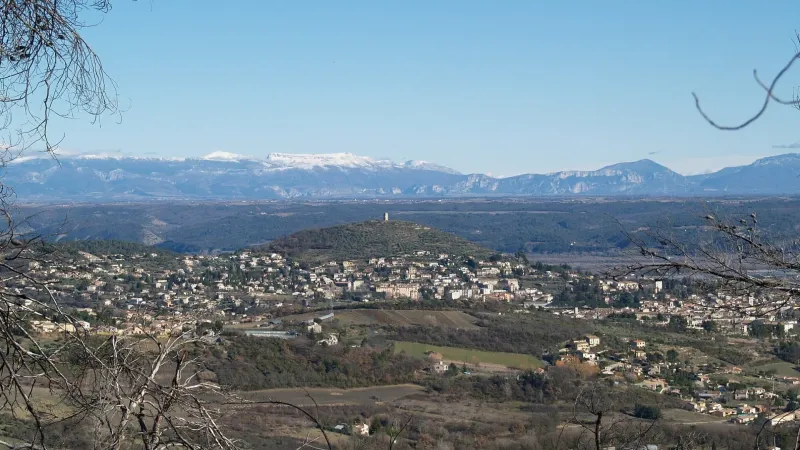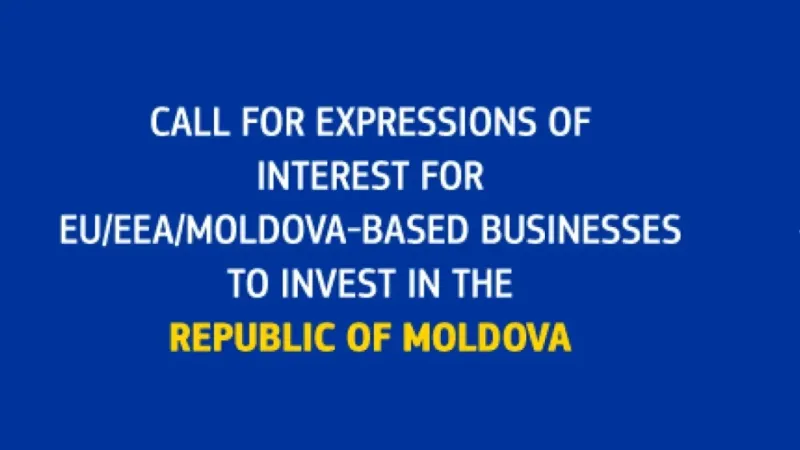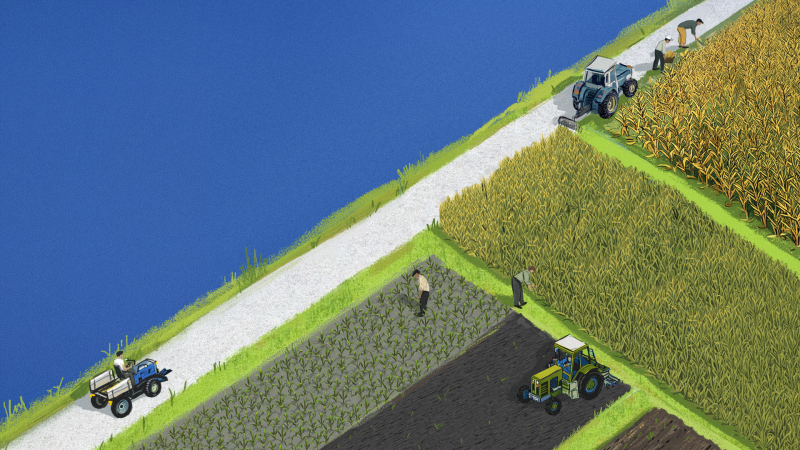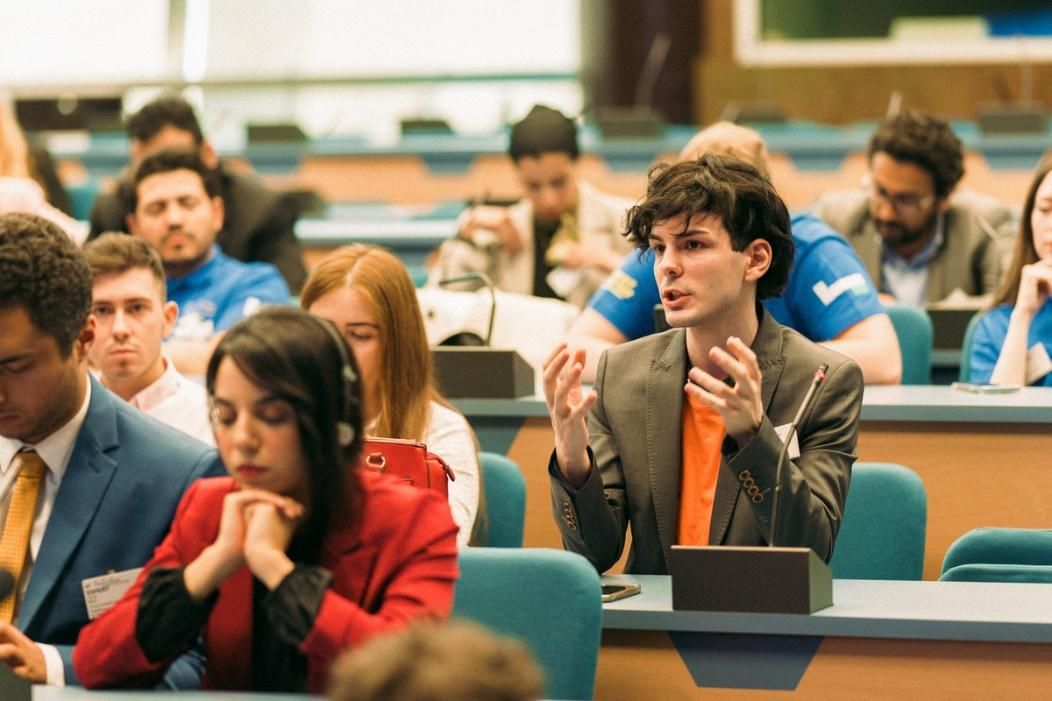
Un nou proiect finanțat de UE dedicat abilitării tinerilor a fost lansat în Moldova în iulie 2023
Proiectul EU4Youth: Implicarea și Abilitarea Tinerilor și-a început oficial activitatea în luna iulie, reprezentând un efort colaborativ între Comisia Europeană și Ministerul Federal pentru Cooperare Economică și Dezvoltare (BMZ). Acest proiect își propune să amplifice implicarea și abilitarea tinerilor din Moldova și din alte țări ale Parteneriatului Estic, precum Armenia, Azerbaidjan, Belarus, Georgia și Ucraina. Proiectul este cofinanțat de Ministerul Federal German pentru Cooperare și Dezvoltare Economică (BMZ) și implementat de către Agenția de Cooperare Internațională a Germaniei (GIZ) în perioada 2023-2025. Bugetul total al proiectului reprezintă 5,67 milioane de euro.
Scopul central al acestui proiect este de a spori impactul și implicarea tinerilor în dezvoltarea proceselor de luare a deciziilor în țările Parteneriatului Estic. Scopul va fi atins prin consolidarea capacităților de colaborare ale organizațiilor de tineret și a instituțiilor publice. Proiectul intenționează să faciliteze dialogul privind politicile de tineret, promovând un spațiu pentru schimbul productiv de idei. De asemenea, unul dintre aspectele distincte ale fazei a IV-a a proiectului EU4Youth constă în implicarea tinerilor din zonele rurale.
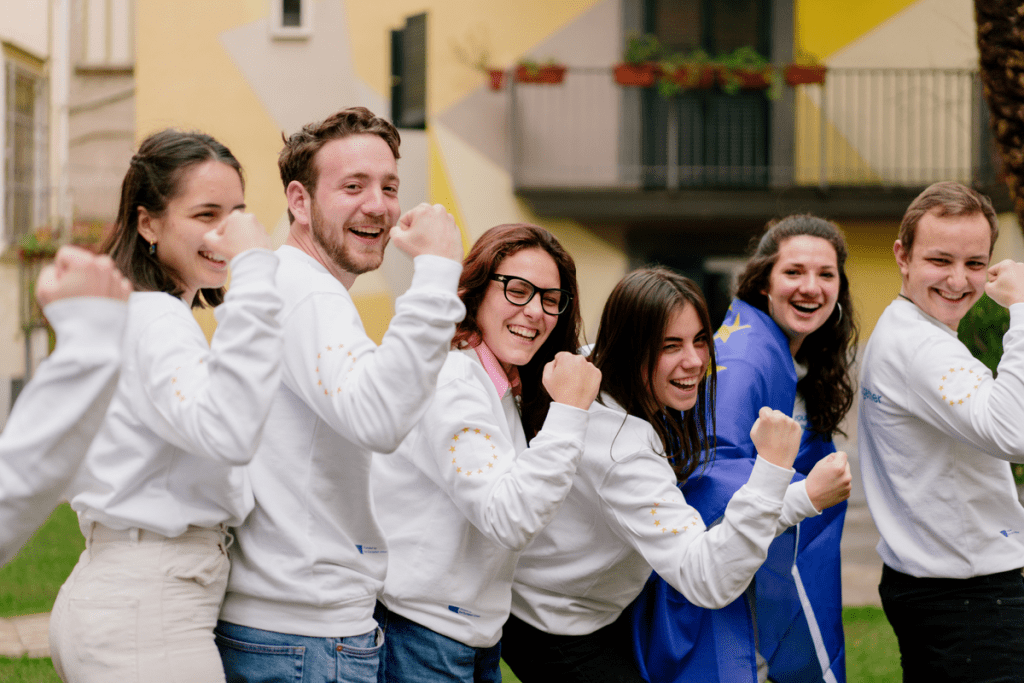
Pe parcursul duratei proiectului în Moldova vor fi întreprinse o serie de inițiative strategice pentru a atinge o participare semnificativă a tineretului. Aceste inițiative vor consta într-o serie de acțiuni menite să sprijine dezvoltarea capacităților organizațiilor și inițiativelor de tineret, inclusiv organizarea de evenimente privind dezvoltarea politicilor, implementarea unui program de acordare de granturi pentru ONG-urile de tineret și desfășurarea unor sesiuni de informare relevante.
Lansat în 2017 și coordonat de Direcția Generală Vecinătate și Negocieri privind Extinderea (DG NEAR), programul EU4Youth are ca scop sporirea angajabilității și implicării active a tinerilor din cele șase țări partenere din Parteneriatul Estic. Acest program se concentrează pe dezvoltarea abilităților tinerilor, încurajarea dezvoltării proiectelor antreprenoriale și creșterea șanselor lor de ocupare a forței de muncă, promovând în același timp participarea activă în viața democratică. Un obiectiv central al acestui program este să sprijine în mod special tinerii defavorizați, acordând o atenție deosebită egalității de gen și abilitării femeilor.
